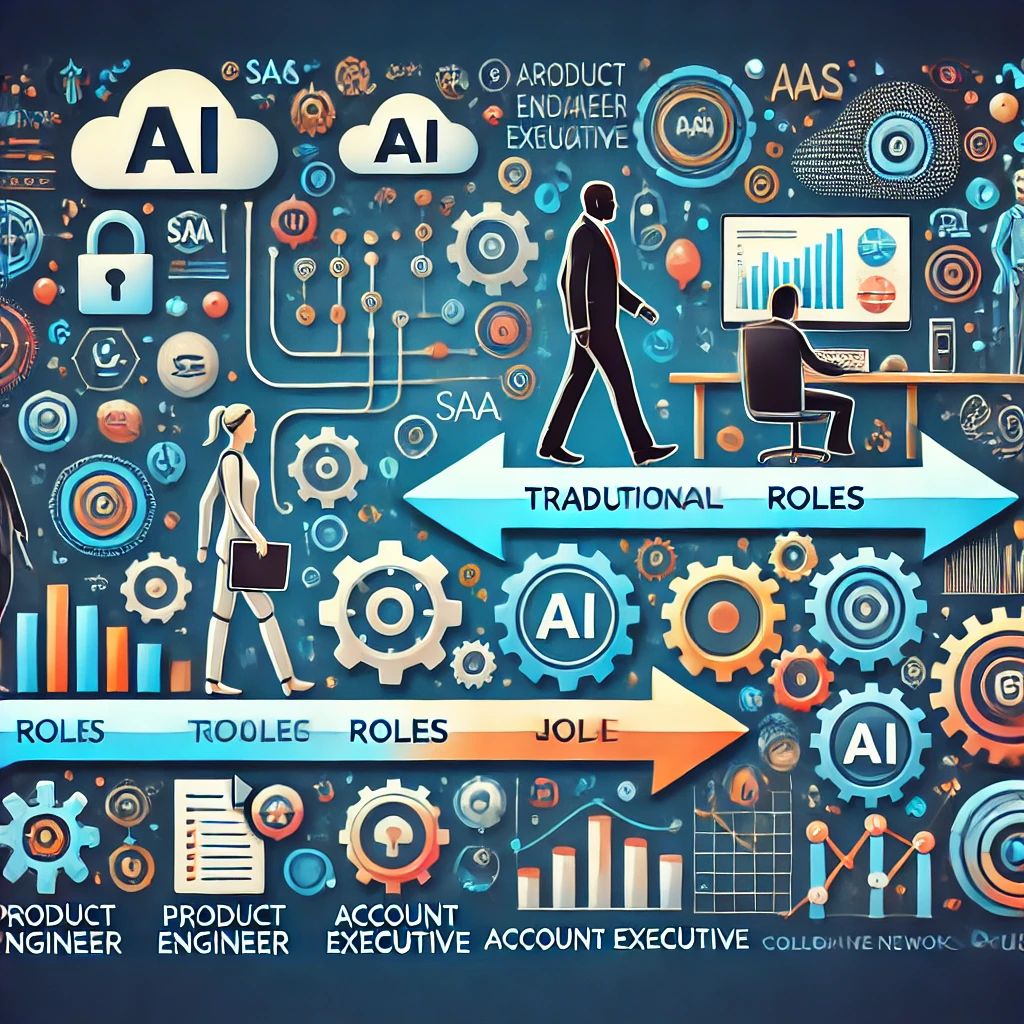Embracing Change in Roles: A Reflection on Careers and the Impact of AI in IT
Having experienced firsthand the growth journey of startups, I’ve observed how roles evolve as businesses scale. The shift from serving 10 customers to 100, or even 1,000, brings entirely new challenges. Similarly, moving from $1 million in revenue to $10 million or $100 million demands a different approach.



Throughout my career, I’ve transitioned between roles based on necessity and interest. I’ve worn many hats: tester (focused on product quality), scrum master (orchestrating product delivery), and product manager (driving product strategy). The only role I haven’t taken on is that of a product engineer, which focuses on product development.
Every time I made these transitions, I embarked on a steep learning curve. However, over time, I mastered the nuances of each role. This adaptability stemmed from lessons learned during my early entrepreneurial days—automating processes, staying laser-focused on my responsibilities, and effectively delegating tasks or supporting teammates.
Why am I sharing this? Because the workplace landscape, particularly in IT, is undergoing a seismic shift driven by AI. Roles across the industry are being redefined, and the need to adapt is more important than ever.
The Evolution of Roles in Growing Startups
Having experienced firsthand the growth journey of startups, I’ve observed how roles evolve as businesses scale. The shift from serving 10 customers to 100, or even 1,000, brings entirely new challenges. Similarly, moving from $1 million in revenue to $10 million or $100 million demands a different approach.
While the designations might remain the same, the focus and expectations of the roles shift dramatically. This is the reality of scaling businesses—roles are fluid, and adaptability is key. The sooner we accept this and embrace continuous learning, the better equipped we’ll be to innovate and excel in our functions. Happy learning!!!